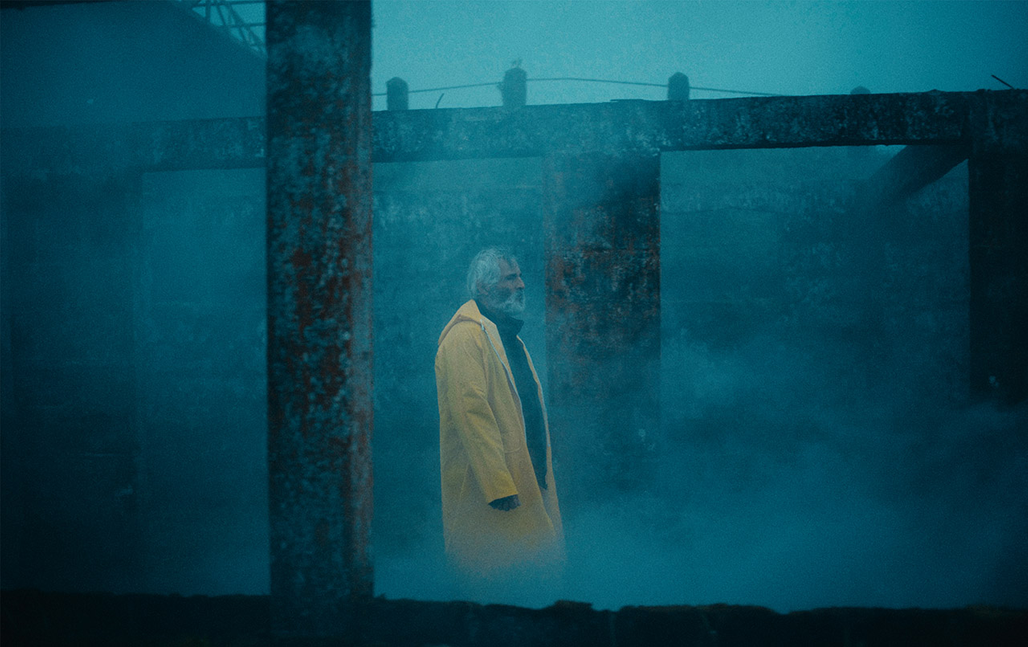
Domingo and the mist, as seen by Ariel Escalante Meza

It's not the first time Ariel Escalante Meza has been involved with a film in the Official Selection. Twelve years ago, the Costa Rican director featured as film editor in the credits of the short film Los minutos, las horas (The minutes, the hours), by Janaína Marques Ribeiro. This year he is presenting a feature film, Domingo y la niebla (Domingo and the mist), which deals with the themes of mourning and life after death.
What inspired you to begin work on this film?
I have dealt with mourning in all my previous films. I’m obsessed with this need we have as humans of turning the dead into ghosts.
But never in my previous films I had actually ‘jumped into the other side’. So, Domingo and the Mist turned into the perfect opportunity to do that, to design a cinematic experience filled with speculation on the afterlife, a poetic chance to imagine a path for the “returned”.
Please describe your working method and the atmosphere on set. Anecdotes welcome.
We improvised a lot and were very flexible on everything: we knew that if we could not shoot a particular scene we wanted, we would think of something else, something that would end up being better, expressing our ideas in a stronger fashion.
The actors never read the script. We worked together in the main actions of each scene, and then they would come up with the dialogue, straight out of their hearts and guts.
It all felt like a game. Or a party. We made the set seem like a punk-rock show: rushing with adrenaline, self-management and a feeling that we were changing the world, one scene at a time.
Please share a few words about your actors.
I had the idea of mixing professional with non-professional actors from the start, as I felt there were emotions on this film that could be solved with technique, but they also had to come from authentic life experiences, from a life of being the characters themselves. I also wanted to have both professional and non-professional actors challenging each other on set, and having the scenes to come out as the result of conflict and not harmony: of people coming from different and even irreconcilable backgrounds and having to deal together with a common situation.
What would you like people to remember from your film?
That in order to be authentic, cinema, just as any other art form, has to come from rebellion. Has to swim against the current. It has to be willing to take risks, to embrace chaos. It has to be prepared to fail.
That film as a media has a strong and unstoppable potential for social transformation.
What is your cult film and why?
Probably, Memories of Underdevelopment by Cuban heavy weight Tomás Gutiérrez Alea. I remember the first time I saw it, it left me speechless. Like, literally I could not move from my chair.
To me, it’s the ultimate punk film: based on the Marxist concept of clash and conflict, it builds a collage of filmic styles that takes you in a journey you have never been before. It has this feel of strictness and extreme freedom at the same time; it almost seems like if the filmmaker is doing whatever the hell he wants with the cinematic language.


